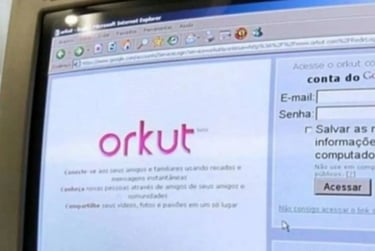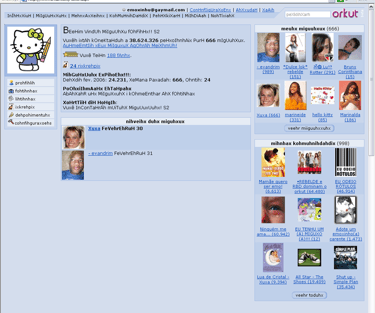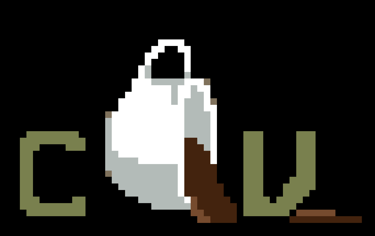Orkut: the 2000s biggest social network that nobody remembers
One of Orkut's main attributes, and the reason I still defend this network over modern ones, is the existence of communities.
CRÔNICAS DO MILÊNIO (MILLENNIUM CHRONICLES)
Café Vídeo Producctions
5/29/20253 min read
On January 24th, Orkut launched in the United States. Although it gained a certain international audience in its early years, Brazil would become its largest user, reaching over 30 million users.
Thus, the Portuguese version of Orkut debuted on April 5th, 2005, enabling the social network to gain popularity in the country by 2006, becoming the first of its kind to gain popularity among Brazilians. This success was such that the company's headquarters were moved to Brazil in 2008.
In the early days of the social network, it wasn't open to the public, requiring an invitation. This strategy created an air of mystery and contributed to Orkut's success, especially in Brazil.
One of Orkut's main attributes, and the reason I still defend it over modern networks, is the existence of communities. These communities, often with funny titles and a pretentious air of solemnity, allowed for the creation of topics, which facilitated access to community content in a more organized manner than groups and similar new media platforms. Some of the main ones can be seen below:
One of the most original features was scraps, a sort of message board where friends could leave messages. You had the option to leave everything there for everyone to see, or simply delete it (read, reply, and delete).
Unfortunately, there were no private messages, so it was either/or opting for testimonials, which were public statements left on the user's profile. However, they could be used to circumvent this situation, as they needed to be approved by the profile owner before being published. Thus, intimate conversations could take place, as long as the user didn't approve the messages received. On the other hand, there were those who competed for the top of the testimonial list, in order to show that they were more important to that person.
Also worth mentioning is the "luck of the day," a motivational phrase left by Orkut itself when opening the social network.
You could see who visited your profile, something that's sorely missed these days.
Users could be categorized by each other as "cool," "trustworthy," or "sexy," thus building their reputation. Another indicator of popularity was the number of fans. Both metrics generated competition among friends.
However, the coolest part was the games, including BuddyPoke, a game where users could create an avatar with their own appearance and interact with others, as well as the classic Happy Harvest, which needs no introduction.
On October 29, 2009, Orkut underwent a major overhaul, which became known as New Orkut. A massive promotional campaign was launched, and only those with invitations could access this version. Over time, New Orkut was made available to the general public. Some of the main new features were the integration with Google Talk (a chat), the addition of a news feed, and the possibility of customizing the colors and theme of the profile, changing from the traditional blue to yellow, pink and red, in addition to the various new profile models (Christmas, New Year), etc. Previously, this was only possible with the use of dubious extensions, which did not allow other users to view the changes.
*What ended it?
Orkut began losing users en masse in 2011, finally being overtaken by Facebook in December of the same year and by Twitter in 2013. It was deactivated on September 30, 2014.
*Special Bonus
-Suggested reading: https://www.tecmundo.com.br/infografico/8273-o-tamanho-do-orkut-no-brasil.htm
This 2011 article discusses the network's success in Brazil and prophesies that the country's successful relationship with Orkut would continue for many years to come. It's a curious and even somewhat melancholic thing to read today, considering that in just three years the network was simply shut down, surviving only in memories.
#orkut #orkutnostalgia #2000snostalgia #2000s #nostalgia #scraps #oldinternet






